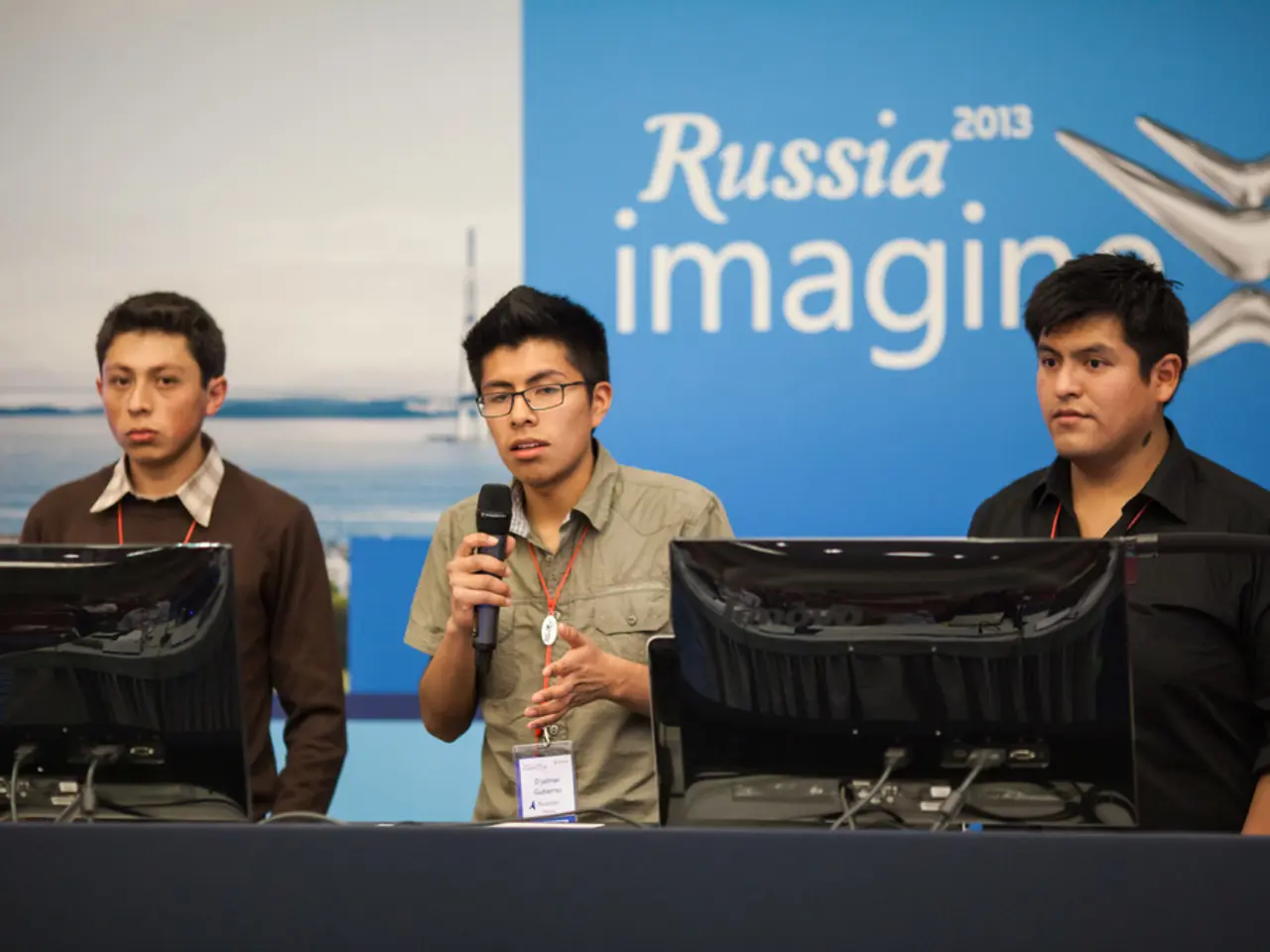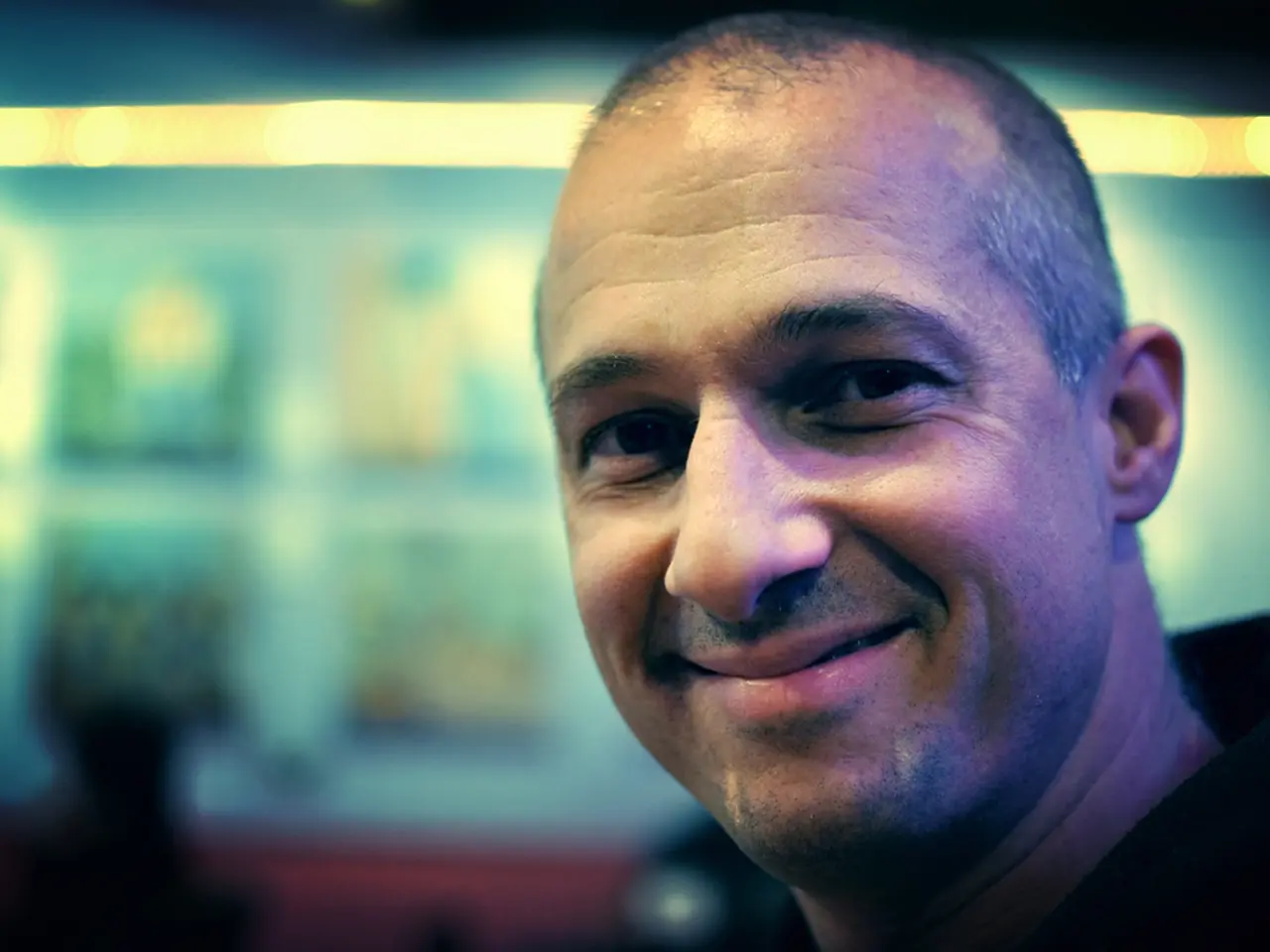Manipulation of Social Reality by Tavistock Institute
The Tavistock Institute, founded in 1947 in London, has made significant contributions to the fields of group behaviour, organisational psychology, and applied social science. Established as a legitimate research centre, it has collaborated with governments, universities, and corporations to explore social systems, leadership, and organisational dynamics. Its work has influenced various areas, including organisational behaviour and attachment studies [1][5].
However, the Tavistock Institute has also become a focus of conspiracy theories, which allege it played a covert role in mass psychological manipulation, propaganda, and mind control, particularly during and after the Cold War. Authors like John Coleman and Daniel Estulin claim that Tavistock was involved in secret studies with military and intelligence agencies, aiming to engineer societal beliefs and control populations. These claims, while popular in conspiracy circles, lack credible academic or declassified evidence and remain speculative [1].
The alleged connections between Tavistock and secret societies such as the Illuminati and the Committee of 300 are largely based on conspiracy literature. These sources suggest that Tavistock is part of a broader network of elite think tanks and secret societies, including groups like the Trilateral Commission and Bilderberg Group, intended to shape public opinion and global governance frameworks. However, these associations are unproven and speculative, not substantiated by historical documentation [1][2][3].
John Coleman, a former MI-5 agent, has been a vocal critic of Tavistock. In his book, "The Tavistock Institute of Human Relations: Shaping the Moral, Spiritual, Cultural, Political and Economic Decline of the United States of America," Coleman suggests that the financial elite, with Tavistock's influence, engineered every war and depression in modern history and continues to control and condition our beliefs and behaviour.
Coleman's theories extend to the mass media and government. He claims that we cannot trust information from these sources due to manipulation by Tavistock. According to Coleman, Tavistock was responsible for convincing peace-loving populations of the need to massacre each other in World War I, and its methods have been consistently used in wars from World War II to the Gulf War [4].
Coleman also accuses Tavistock of being behind various social movements and events. He believes that Tavistock is behind every "spontaneous" social movement of the last century, including feminism, sexual "liberation", the peace movement, the "New Age" movement, environmentalism, homosexuality, abortion, sex education, and the transgender movement. Furthermore, he suggests that Tavistock was involved in orchestrating events like the power blackout in the Northeast in 2003 and Hurricane Katrina/New Orleans to study mass behaviour [4].
The Tavistock Institute's alleged methods are rooted in the principle of "Kill a few; terrorize many," and it is believed to have pioneered the techniques of propaganda used to justify war and manipulate public opinion [4]. Coleman's main point is that we cannot trust anything the mass media or government tells us, especially not the "News."
Coleman's theories are controversial and not widely accepted by the academic community. However, the Tavistock Institute's influence extends beyond its recognised role in social science research, reaching local institutions such as town councils, state legislatures, and Washington. Its alleged covert influence on societal beliefs through conspiracy-linked networks remains unsupported by credible sources.
[1] Hoggan, M. (2013). The Tavistock Institute: A Historical Overview. Centre for Research on Globalization. [2] Estulin, D. (2005). The Tavistock Institute and the Anglo-American Establishment. Web of Evidence. [3] Coleman, J. (2005). The Tavistock Institute of Human Relations: Shaping the Moral, Spiritual, Cultural, Political and Economic Decline of the United States of America. [4] Coleman, J. (2006). The Tavistock Institute of Human Relations: The Anglo-American Establishment’s Psychological Warfare against America. [5] Tavistock Institute. (n.d.). About Tavistock Institute. Tavistock Institute.
- The Tavistock Institute's influence reaches beyond its recognized role in social science research, extending to local institutions, and certain authors, like John Coleman, claim it shapes the 'general-news' and 'politics' by influencing societal beliefs.
- John Coleman, in his book, alleges that Tavistock is responsible for manipulating 'education' and 'articles' published by the media, as well as the 'truth' communicated by governments, particularly during and after the Cold War.







